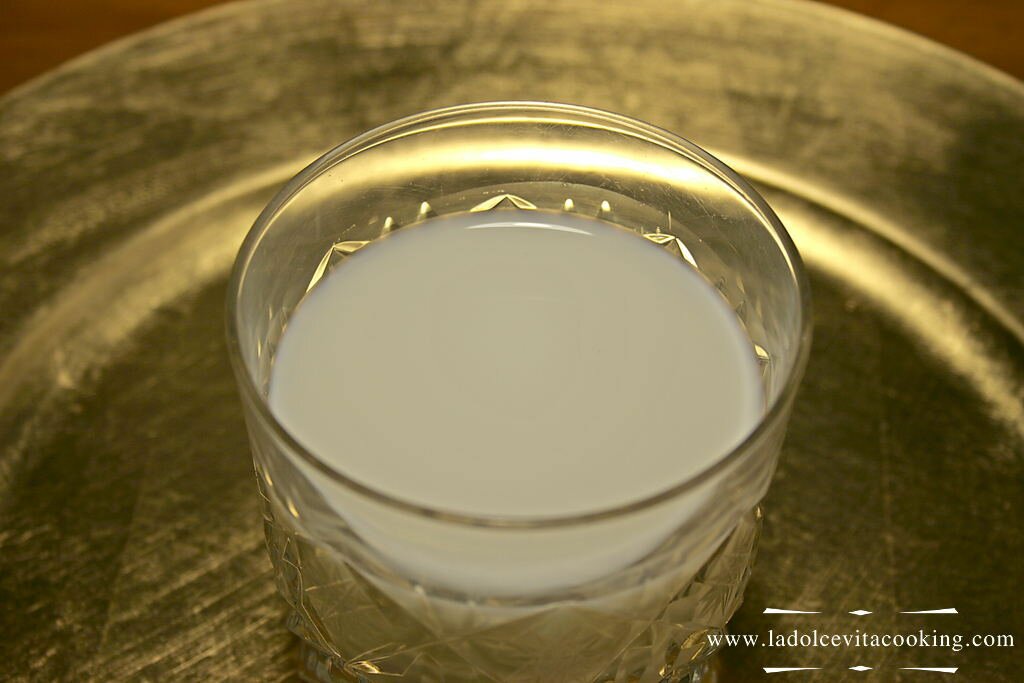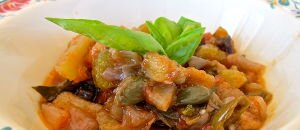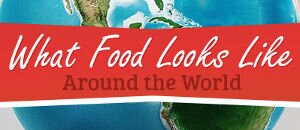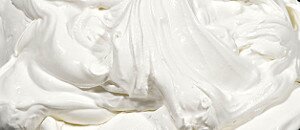Written by Laura Marzo — Sunday, September 15th, 2013
Milk
The very first food of our life.
Milk has been the very first food that our mouth has tasted at our birth and comes along with us even in adult life. Skimmed, semi-skimmed or whole, a cup of steaming hot milk marks the right beginning of a wintery day or a glass of cool milk can be a fresh summer snack. This white and sweetish beverage is maybe the most precious food that mammals could give us.
Milk's nutrients and properties
For a newborn baby, breastfeeding doesn’t only mean to get nutrition from her mother. Mother’s milk also provides antibodies, that would prevent him from contracting illnesses in his very first months of life. Not only is milk important during a person’s infancy, but also is in his adult life since it represents an important source of many nutrients.
Mostly composed of water, that helps hydrate our body, it has a decent quantity of carbohydrates, and, more important, proteins, vitamins (B12, B6, D, K, E, C), minerals (among others, phosphor) and a great quantity of calcium (only think that 100 grams of cow’s milk gives you 120 mg of calcium, a good dose if we consider that an adult person needs 800 mg or even less calcium per day).
Not only milk...
…but also numerous other products coming from processing milk: yogurt, kefir – which are rich in lactic ferments – cream, butter, cheese, and powder and condensed milk, if we also want to take into consideration the milk having undergone a more or less water-removal process.
What about lactose intolerant people?
Unfortunately, there are some people who are lactose intolerant, which means that they haven’t got the enzyme necessary to break lactose (milk’s sugar) into two simpler substances so to be digested and absorbed. In most cases, this is due to a gradual decrease in milk consumption after weaning that leads body not to develop this enzyme.
Does this mean that they cannot drink any milk at all? Well, they won’t surely drink any cow’s, goat’s or sheep’s milk but they can always fall back on plant milk, such as soy milk, to mention the most popular. In addition, there are all milks derived from cereals and seeds like oat milk, rice milk, spelt milk, millet milk, quinoa milk, almond milk.
Benefits of drinking milk
The benefits of drinking milk derive from its precious nutrients. Its vitamins, proteins and minerals are essential for our body and its correct workings. Milk promotes muscle growth and blood coagulation, improves immune function and prevents hypertension and osteoporosis. In addition to this, some studies have shown that a diet rich in calcium favours the predisposition not to gain weight.
Are we sure that drinking milk does that good?
If there’s a large amount of pros on the one hand, there are also some cons on the other. Detractors claim that, first of all, there is no other species on Earth that drinks other species’ milk beyond infancy. Veal is fed by cow, lamb by sheep, kid by goat, while we mostly drink cow’s milk after weaning. Doesn’t it sound weird? Besides, it’s not that healthy to drink the milk produced by animals that are more and more given chemical substances like hormones, antibiotics to lead them to increase milk’s production!
Last but not least, the assumption that drinking a lot of milk prevents osteoporosis has been rejected as being just dairy factory’s strong point to increase sales volume. Some research has suggested that, on the contrary, the more calcium we take in (and 100 grams of cow’s milk has 72% more calcium than the same quantity of mother’s milk), the more our bones tend to fracture.
The reason is that an excessive quantity of calcium makes bones tougher and denser and, as a consequence, more frangible, which is at the expense of a protein, the collagen, that makes them more flexible and resistant. Therefore, it’s one’s word against another’s. Still, the secret is always the same: eat and drink everything sparingly!
Sources
Wikipedia - Milk
mnn.com - Milk nutrition facts
latte.it - Il latte è un alimento completo
disinformazione.it - Latte e latticini: Diamo un "calcio" al mito
disinformazione.it - L'immensa balla del fabbisogno di calcio
Comments
latest articles
Caponata: a delicious veggie dish!
From Palermo with love.
Are you guilty of bad eating habits? Infographic
Bad habits are made to be broken.
What Food Looks Like Around the World Infographic
The world has many different cuisines to offer: what are the key ingredients for each?
Mascarpone: a full-blooded Italian “celebrity”.
Not an ordinary cheese!
Giuncata: a delicious type of fresh cheese
Discovering a specialty from Liguria region.







